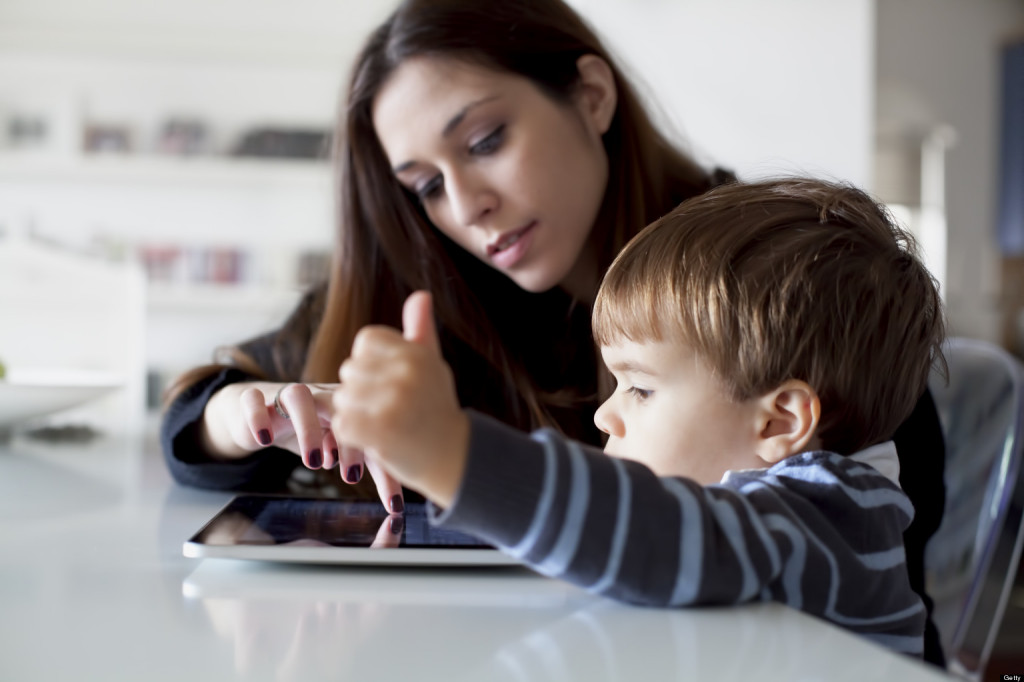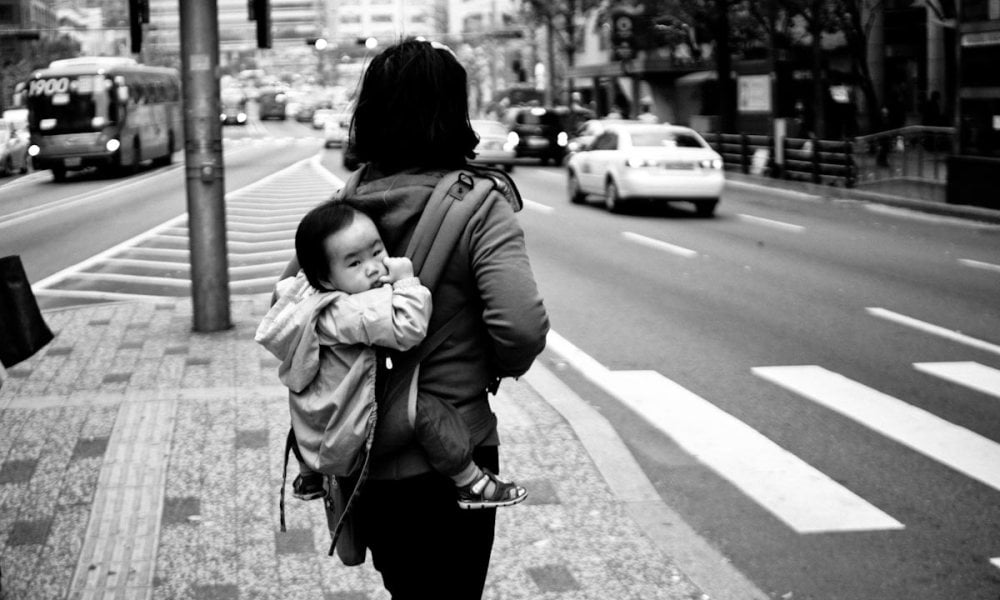The crisis of American parenting, as anyone who has looked at the parenting section of a bookstore can attest, is that nobody knows what the hell they’re doing. Yet despite this lack of confidence and apparent absence of knowledge, many American parents zealously believe that their choices carve out their children’s futures. Indeed, they seek the advice of expert after expert in the field in order to succeed at one goal: to raise the happiest, the most successful, and the most well-adjusted leaders of the future.
But what dangers lay in thinking that there is one “right” way to parent? How much of how we parent is actually dictated by our culture? How do the ways we parent express the essentialness of who we are, as a nation?
In reporting her book, All Joy and No Fun: The Paradox of Modern Parenthood, says Jennifer Senior, when she asked mothers who they went to for parenting advice, they named friends, websites and books. None named their own mothers. Only the most current child-rearing strategies were desired, in order to best position their children for achievement in the future.

In other words, that which is most American about us — our belief that the future is unwrit — is what is driving us mad as parents.
“You don’t see the handwringing in other places around the world,” says Christine Gross-Loh, author of Parenting Without Borders: Surprising Lessons Parents Around the World Can Teach Us. “People understand that there is a way to do things.”
In Norway, childhood is strongly institutionalized, says Norwegian sociologist and economist Margunn Bjornholt. Indeed, most children enter state-sponsored daycare at 1 year old (parents first get almost a full year of state-sponsored leave from work), then enter school and organized activities.
Norwegians believe that it is better for children to be in daycare as toddlers. At daycare, methods reflect the country’s fetishistic dedication to fresh air. So even in Oslo, where arguably the indoor air quality is fresher, and even in Scandinavian winters, children are bundled up and taken outside to nap in their strollers.
Craziness? Culture. In Japan, where Gross-Loh lives part of the year, she lets her 4-year-old daughter run errands with her 7-year-old sister and 11-year-old brother — without parental supervision. Her kids don’t hesitate to take the Tokyo subways by themselves and walk on busy streets alone, just like their Japanese peers. But when she comes back to the States, Gross-Loh doesn’t allow the same.
“If I let them out on their own like that in the U.S., I wouldn’t just get strange looks,” she says. “Somebody would call Child Protective Services.”
Both in Japan and Norway, parents are focused on cultivating independence. Children do things alone early, whether it’s walking to school or to the movies. The frames, however, are different. In Scandinavia, there is an emphasis on a democratic relationship between parents and children. In Sweden especially, the “rights” of a child are important. For example, a child has the “right” to access their parents’ bodies for comfort, and therefore should be allowed into their parents’ bed with them in the middle of the night. If a parent doesn’t allow them, they are both denying them their rights and being a neglectful parent. In parts of Asia, meanwhile, co-sleeping with a family member through late childhood is common. Korean parents spend more time holding their babies and having physical contact than most. But within a family, obedience is key — not democracy.
American parents are highly focused on making sure that their children’s talents are groomed for success. Sara Harkness, a professor in the Department of Human Development and Family Studies at the University of Connecticut and a pioneering researcher on parenting and culture, found that nearly 25 percent of all of the descriptors used by American parents were a derivation of “smart,” “gifted” or “advanced.” “Our sense of needing to push children to maximize potential is partly driven by fear of the child failing in an increasingly competitive world where you can’t count on the things that our parents could count on,” Harkness suggests.

This is not unlike many Asian nations, where parenting, from a very early age, is focused highly on academics and college acceptance. One Korean mother who Harkness interviewed played English tapes to her 2-month-old baby “because it’s never too early to start,” she says. The parent’s primary role is as an educator, and the child’s role is to respect the parent and repay them with sacrifices.
In the Netherlands, meanwhile, parents used “smart” to describe their children only 10 percent of the time. Dutch parents believe strongly in not pushing their children too hard. “People would talk about a cousin who got a PhD and was very unhappy because there were no jobs at universities, and said that you shouldn’t teach your child to read before they got to school, because then your child would be bored at school and not have any friends,” says Harkness.
Instead, regularly scheduled rest, food and a pleasant environment are the top priorities for Dutch parents.
In the U.S., we want to be Korean and Dutch and Japanese and Jewish and Norwegian and Spanish, all at once. “What is unique to us is the desire to be happy all the time and experience no discomfort and achieve,” says Mogel. “These are competing values.”
The American desire for solutions is starting to radiate outwards. A growing awareness of the scarcity of resources, and the potential for true social mobility, is increasing the pressure on parents globally to “parent” their kids, as a verb. In Taiwan, the most popular parenting books are translations of American guides.
Yet parental anxiety is a terrible idea to export. Instead, “we should be learning from each other,” says Harkness, “and recognizing that there are very different successful pathways to raising children.”
The diversity of ideas should be liberating, not stress-inducing, agrees Gross-Loh. “It was incredibly freeing to realize that there was no single way to do things and it’s totally okay to make mistakes as a parent,” says Gross-Loh of her research. “It gave me space to let my children be who they are, and let them grow into that.”
The U.S., home to immigrants who bring their own traditions from around the world, is uniquely positioned to both learn and let go. American parents can recast their scriptlessness as they see fit, drawing on both global tradition and present theory. Will they? Tomorrow’s children may decide.
[divider scroll_text=”Back To Top”]
